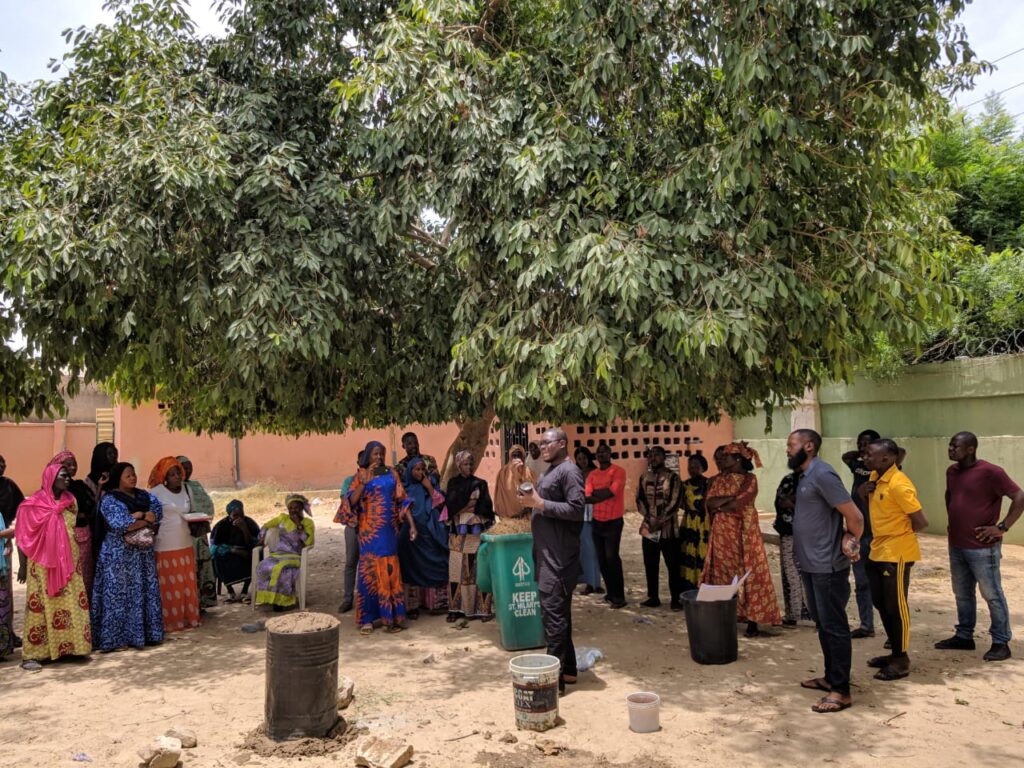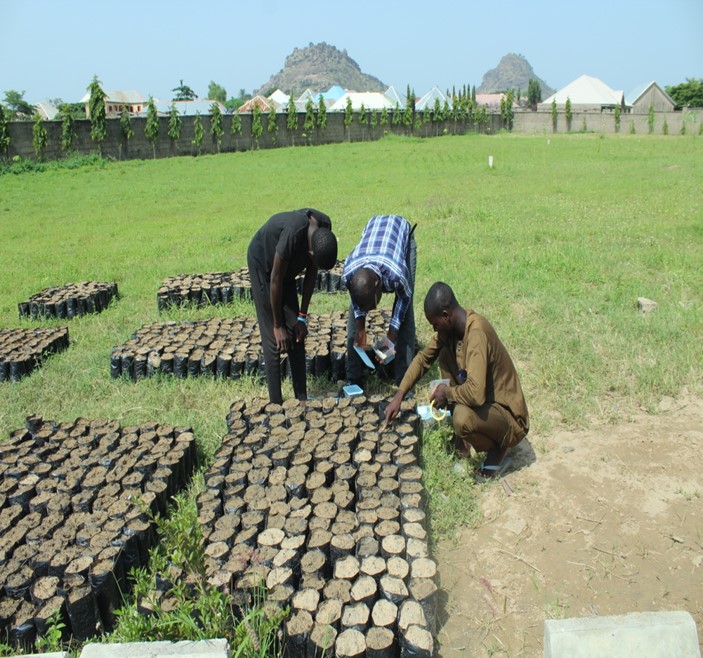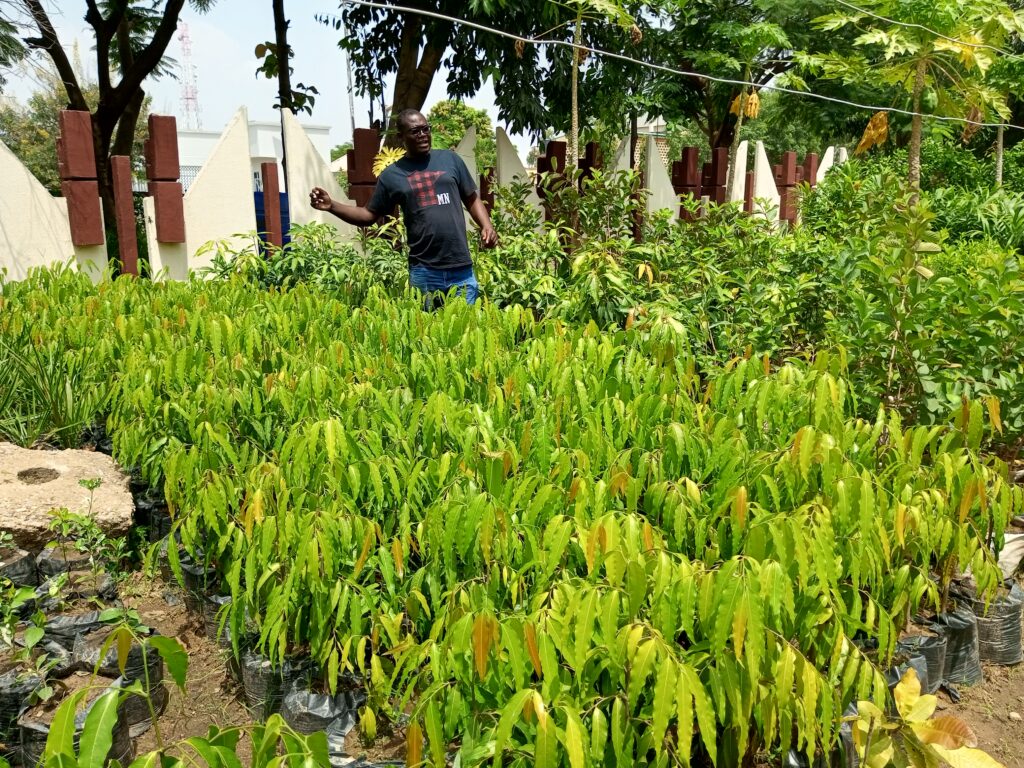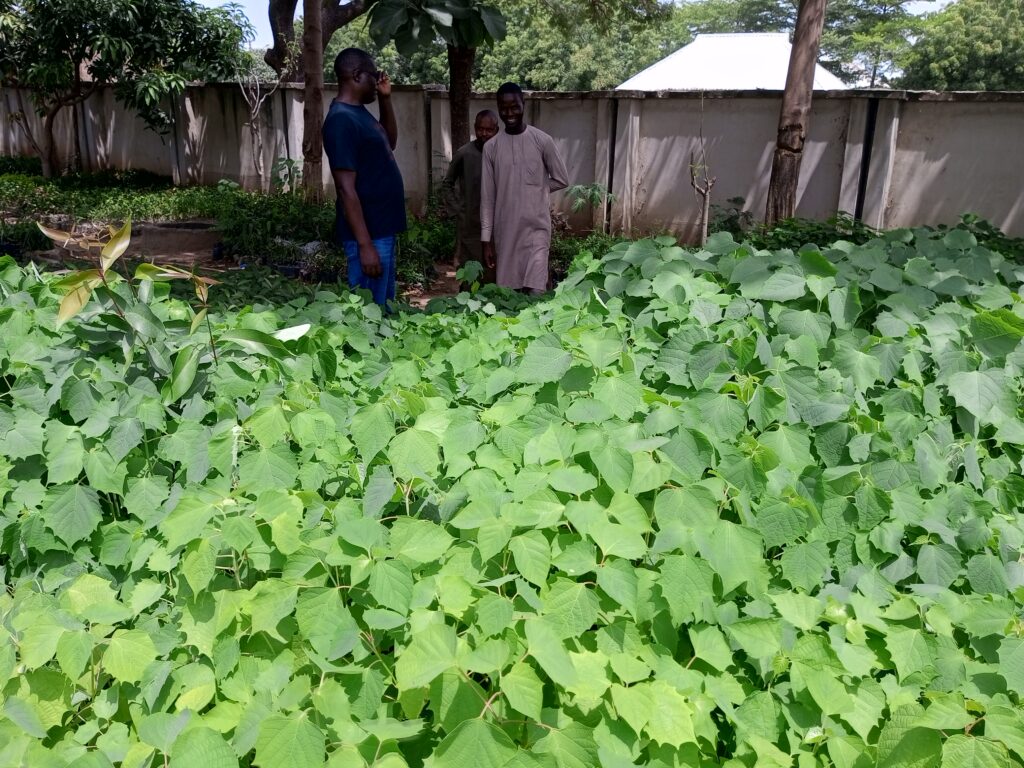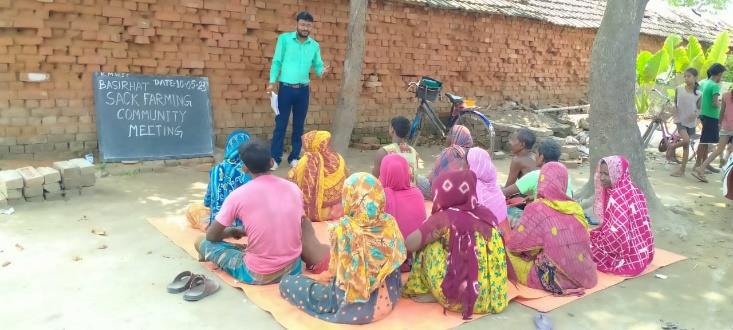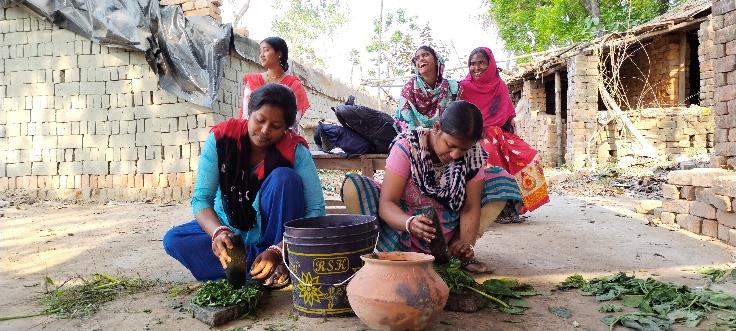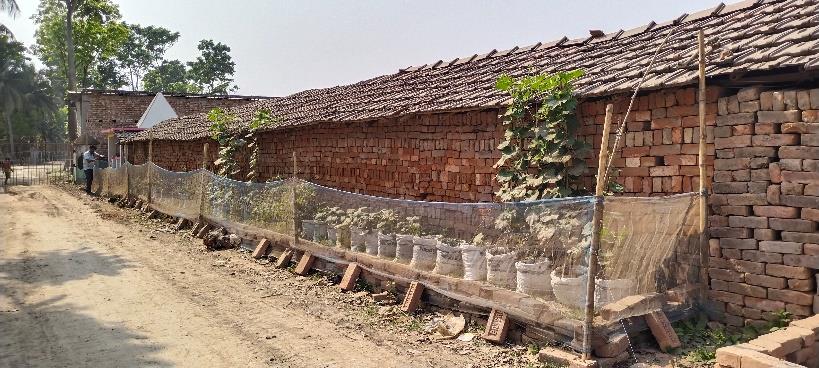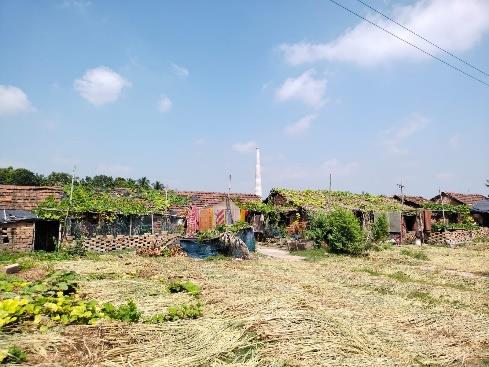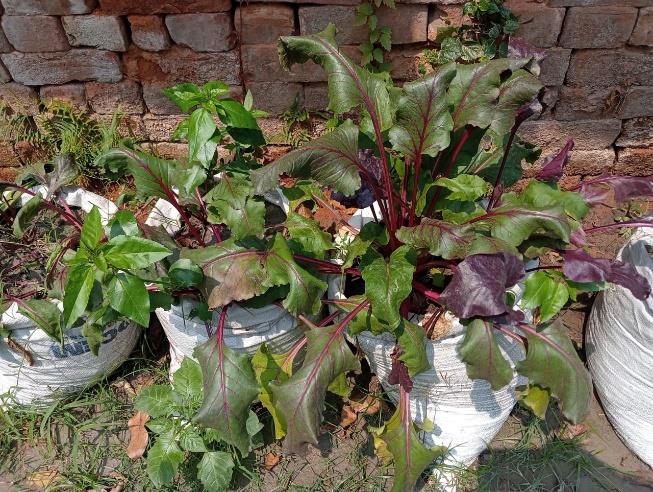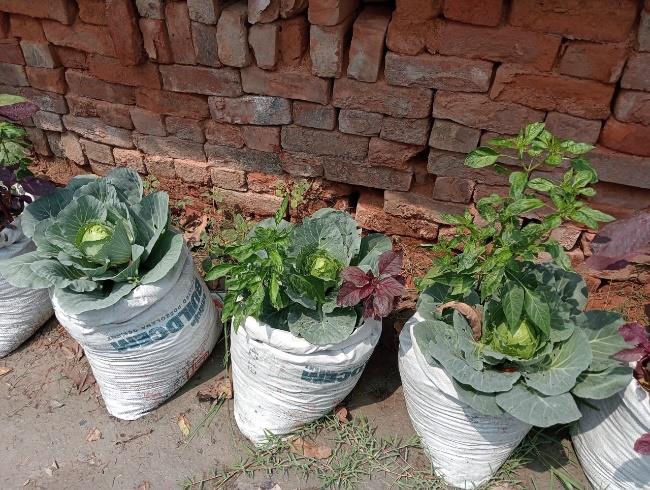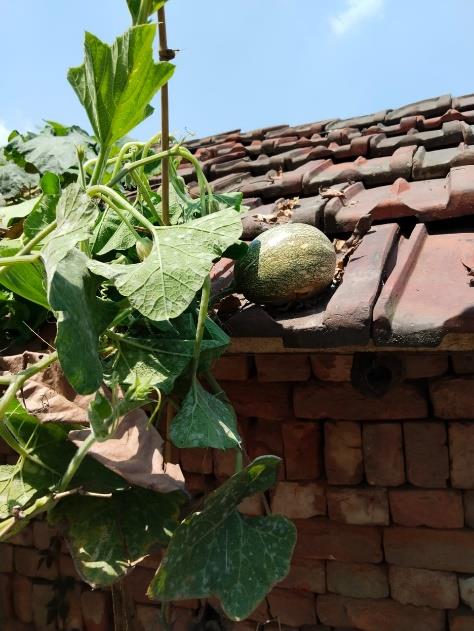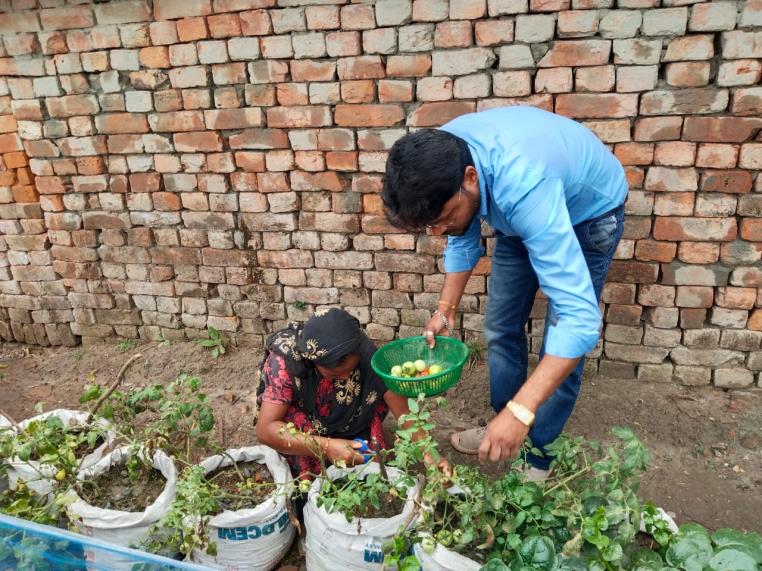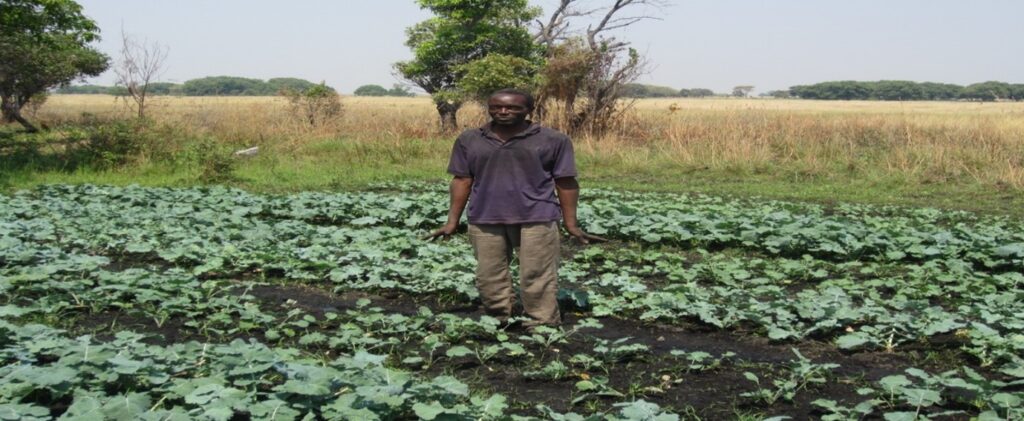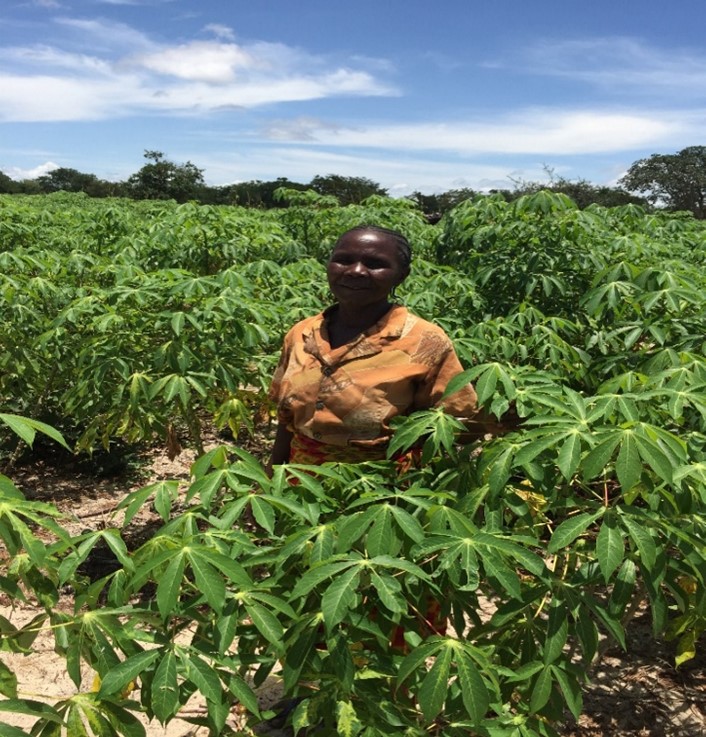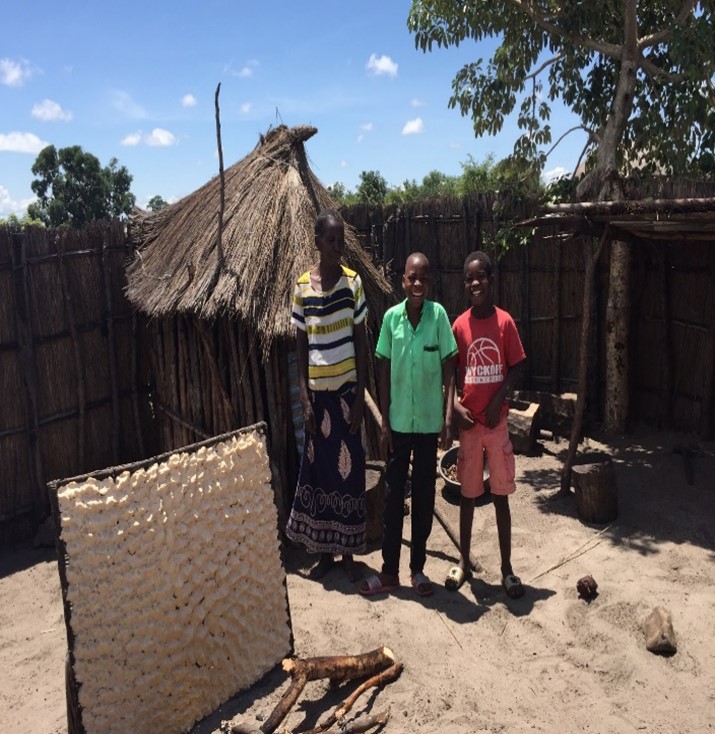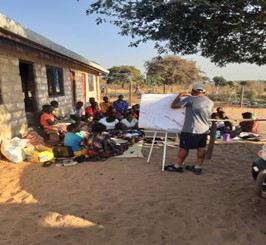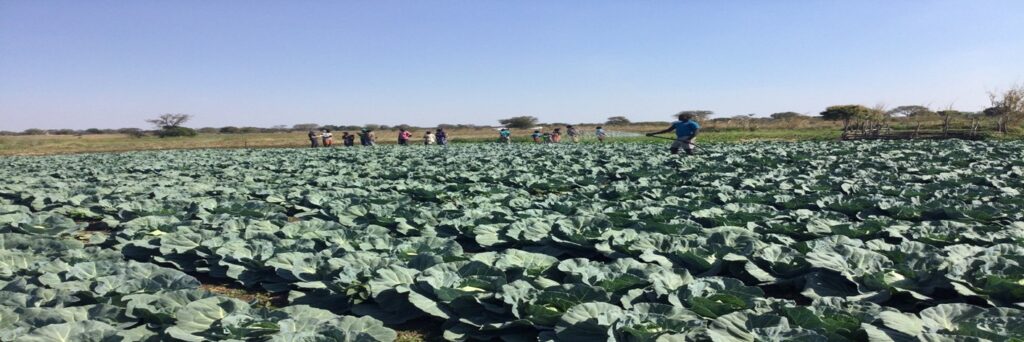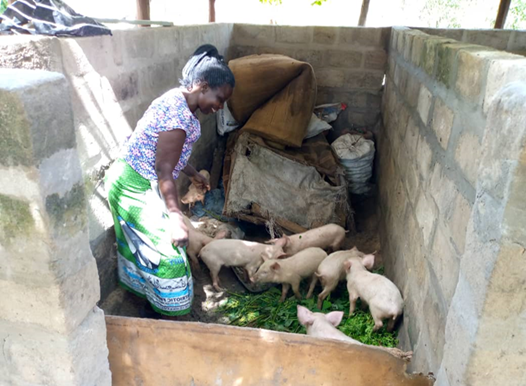Climate Action
2023 Climate Action Awards
Climate Action Awards 2023
First Place
Project: The Sharing Education and Learning for Life Foundation (SELL) programme
Misean Cara Member Organisation: Saint Patrick’s Missionary Society
Location: Bauchi, Nigeria
The Sharing Education and Learning for Life Foundation (SELL) programme is a peace-building and human development programme that engages young adults in participatory learning. It is implemented in North Eastern Nigeria where recent conflicts between religious groups has resulted in large numbers of death and population displacement. The SELL programme brings Muslims and Christians together into the project, thereby helping to eliminate mistrust and foster a peace-building mentality.
In addition to its peace-building and human development programme, SELL works to foster hope and innovation in the battle against climate change, in an area of Nigeria where deforestation and desertification are key challenges. To help reverse these trends and their detrimental effects on the lives of local populations, SELL has embarked on a multifaceted journey towards a more sustainable and environmentally conscious future.
The SELL programme’s efforts that encompass planting indigenous trees, promoting non-smoking briquettes, and fostering critical dialouges on environmental conservation and policy development.
- Many of the indigenous trees planted by SELL possess high medicinal value, contributing to the traditional healing practices of the local communities.
- Non-smoking briquettes represent a sustainable alternative to traditional charcoal, as they reduce charcoal use but also mitigate the health hazards associated with indoor air pollution.
- Stakeholder engagement is driving conversations and understanding that lasting change requires more than just on-the-ground initiatives. Long-term sustainability is encouraged with local government and partnership encouraged with the local environmental sector and community groups, laying the foundation for meaningful policy changes.
Photos: SELL Programme
Second Place
Project: Cultivating Hope: Empowering Brickfield Communities through Organic Sack Farming
Misean Cara Member Organisation: Loreto Sisters (Institute of the Blessed Virgin Mary, Loreto)
Location: Kolkata, India
The brickfield industry in West Bengal is the largest employer of unskilled labourers in the area, drawing more than a million impoverished itinerant workers a year from neighbouring states, whose families migrate with them to the brickfields in search of livelihood.
In 2008, the Kolkata Mary Ward Social Centre started a programme of Brickfield Schools to deliver basic education and healthcare for the children of seasonal migrant labourers, growing and adapting the programme in the years since, including simple organic farming methods to help families meetg food and nutrition needs in the informal settlements where living conditions are poor.
A system of Organic Sack Farming has been introduced to enable participants to grow their own crops and food in sacks filled with specially prepared organic soil in a place devoid of arable farming land.
The organic nature of this farming method protects the local environment from the harm of chemical fertilisers, insecticides and pesticides, which can severely damage biodiversity and harm ecosystems. It also requires very little water.
These simple, cost-effective methods are building better nutrition and food security for workers and their families, while helping to protect the environment and living conditions around the informal settlement camps where workers live for months at a time with little space and few resources.
Photos: Kolkata Mary Ward Social Centre
Third Place
Project: Climate Smart Agriculture in the Western Cluster of Zambia
Misean Cara Member Organisation: Edmund Rice Development
Location: Western Cluster Province, Zambia
The Western Cluster Province of Zambia is home to more than one million people, more than 80% of whom depend on subsistence farming for income and food for their families. It is the poorest of Zambia’s ten provinces.
The soil in the region is rich, but climate change is making erratic rainfall in the area a problem that only promises to worsen in the future. A traditional lack of crop diversity also makes farmers vulnerable to the effects of climate change and extreme weather.
Edmund Rice International has supported projects in the Western Cluster since 2016, in partnership with the Christian Brothers. Its current Climate Smart Agriculture project is working with almost 3,000 participants to increase their climate-change resilience, improve their livelihoods and increase food and nutrition security.
- The project promotes organic agriculture techniques, mixed farming, crop rotation, and crop diversification to offset soil depletion and help improve crop yields even during periods of erratic rainfall.
- The formation of SILC (Savings Internal Lending Communities) for farmers in the project helps support and supplement incomes when crop yields are low and supports reinvestment in small farming ventures.
- Farmers with disabilities are supported by the project, ensuring the projects meets its goal to reach the furthest behind.
- With periodic drought becoming more frequent and unpredictable, the project supports participants in utilising treadle pumps to irrigate crops throughout dry seasons.
Photos: Edmund Rice Development
